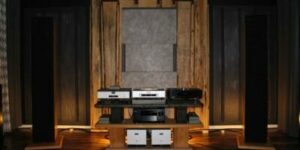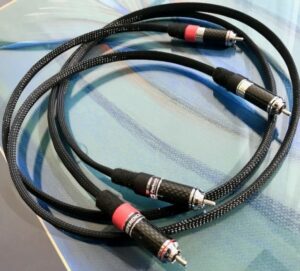
There will indeed be signal loss as the electrons pass through the conductors and struggle to jump the boundaries imposed by the connections at each end. So, in my opinion, better cables “do less harm” or, put another way, lessen the lost signal.
Cable length effect sound
Virtually every audio or video system is a set of compromises. And many times a settlement can be equipment location. Whether it be furniture restrictions, room layout, traffic path or objections. Always, we work around those limitations as best we can, which often means longer cable runs.
For example, your front-end gear may be on one wall and your speakers on another. And so the option becomes placing the amplifier near the speakers. Which, requires long interconnects. Or maybe, keeping all the electronics together and employing longer speaker cable runs. Generally speaking, my preference is for longer interconnects and shorter speaker cables.
But, like everything else in life, there are always tradeoffs. For example, longer unbalanced cables may be more apt to pick up noise. Because, all lines are antennas and subject to RF interference. Also, some preamps (especially those with a high output impedance) may be sensitive to additional load imposed by cables. And adds long interconnecting runs which, may be contraindicated in those instances.
Cable length
Long speaker cables can also be of concern. First, in terms of the added impedance that substantial runs may count. The increased resistance can lead to power loss in more extreme cases. And in my experience, there tends to be more signal loss through speaker cables than through interconnects of equivalent lengths. Of course, some cable manufacturers may disagree (mostly makers of cables using in-line networks).
Still, most of the time, long interconnects with shorter speaker cables sound better to me. Furthermore, on a Dollar-per-foot basis, equivalent quality speaker cables are usually far more expensive. As opposed to their line-level counterparts. And making longer interconnects/shorter speaker cables a less expensive alternative.
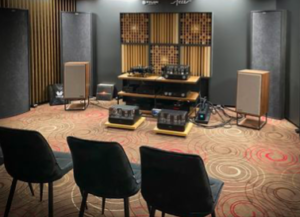
And can you hear the degradation at those lengths? Of course, you can, but accommodating other considerations may be an acceptable tradeoff. Indeed, I’ve listened to great sound in systems employing five to ten meters of cable between the amp and preamp. Usually, balanced cables (when interfacing essential differentially-balanced components) provide better results over very long runs than can be expected with single-ended cabling.
Long runs
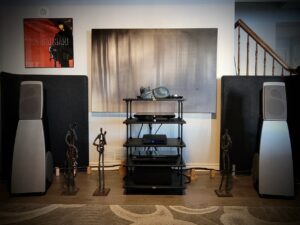
Several manufacturers of digital gear (and lines) I’ve spoken with suggest 1.5M as preferable to shorter distances, such as 1M or less. This theory applies to all digital cables, including USB, SPDIF and AES/EBU.
I’ve heard more than one explanation for why the length is essential. Still, a common one has to do with reflections between the two connected components and with longer digital cables, those reflections are less detrimental. And of the few times I’ve been able to compare a 1.5M vs a shorter length of the same line, in most cases, the 1.5M cable sounded better than the shorter cable.
Cable maunfactures
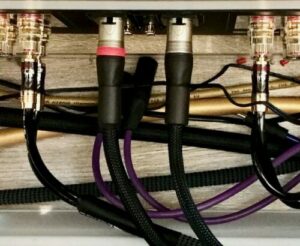
Another exception to the “shorter is better ruling” is when a cable manufacturer has designed the cable with a minimum length in mind. And can be true for some lines that utilise in-line networks or specific power cords optimised for certain distances. And if you have enjoyed reading ‘Does cable length effect sound’, please share with friends
Author: Galen Carol, Galen Carol audio, San Antonio, Texas USA
Perkune audiophile cables I Professional audio systems
